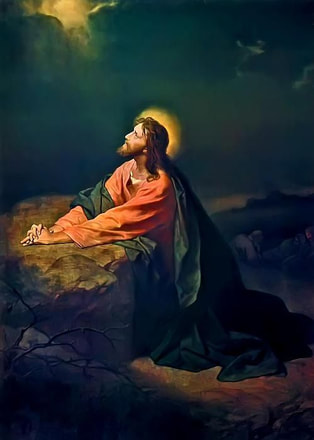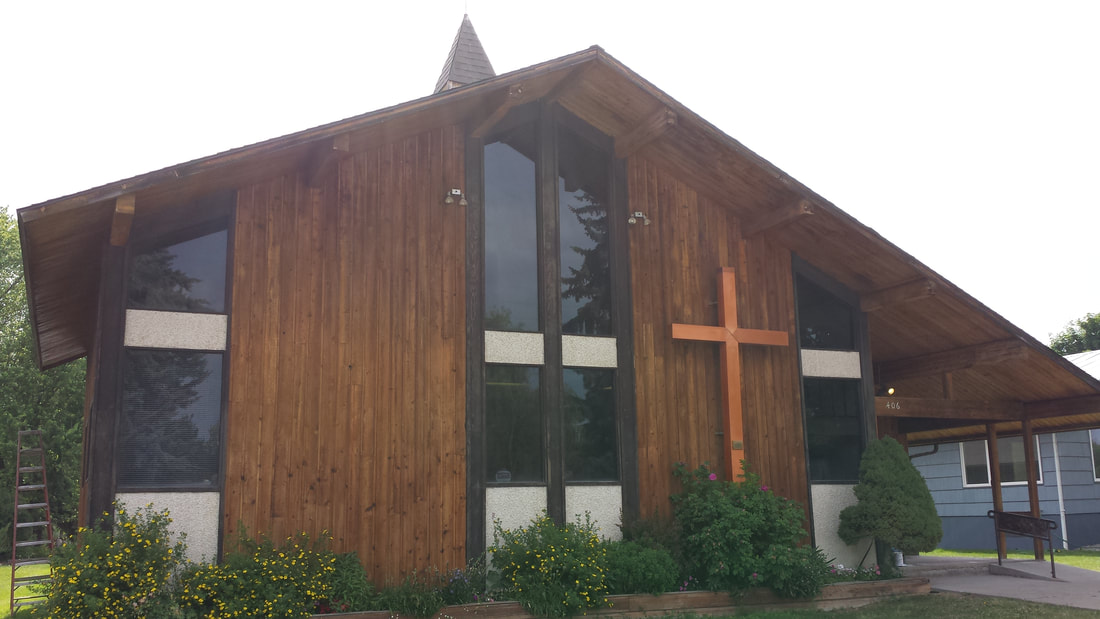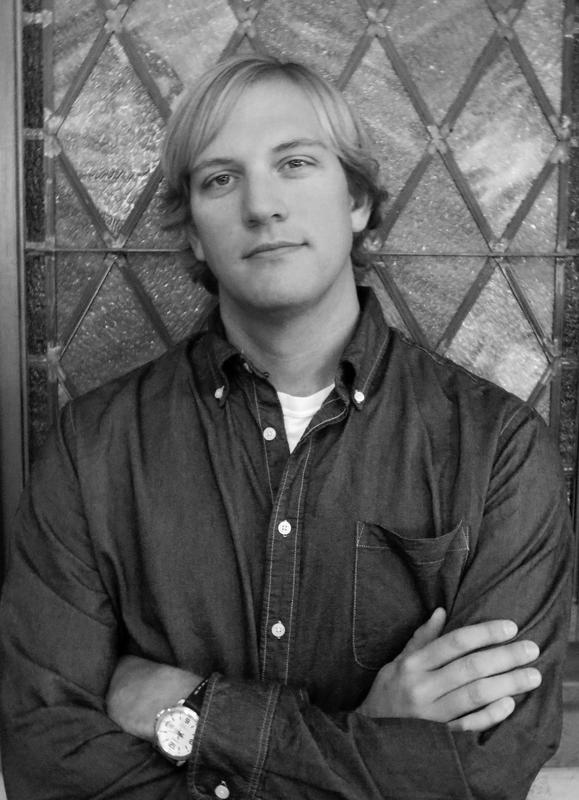 Jesus in the Garden of Gethsemane Jesus in the Garden of Gethsemane Next week is Holy Week. It begins with Palm Sunday when we commemorate Jesus’ triumphal entry into Jerusalem, moves through a mournful remembrance of his last supper, trial, suffering, and death between Thursday and Friday, and finally culminates with a joyous celebration of the most important day in the history of the world – Easter Sunday. This week is called Holy Week because Christians believe that it is the one week in which God changed heaven and earth forever. I suppose something like that is worth being called holy. Those who are skeptical or ambivalent about what they believe probably do not think much about Holy Week. They likely think that our claim that this is the one week that changed everything forever is a bit audacious. Is the week of Jesus’ death really that much more significant than the week that the Wright brothers took flight or the week that Neil Armstrong landed on the moon? These were also weeks that changed the world, what makes Jesus stand so far out from the crowd? It should be no wonder that a specific moment in time like Holy Week would be a turning point in human history. It happens all the time. Rome was forever changed the week that Julius Caesar crossed the Rubicon with his army and took control of the city. The western world was forever altered after the day that Columbus landed in the Caribbean in 1492. December 7, 1941, is still a day that lives in infamy as FDR declared and the last sixteen years have been significantly impacted by what happened on September 11, 2001. Every country that has gained its independence in the last couple of centuries (at least everyone that I am aware of) celebrates the day when they officially gained their freedom, remembering their independence day as a significant turning point in the trajectory of their nation. Single moments in human history have changed the world forever afterward by altering the shape of people, places, nations, and even faith. The week of Passover in roughly 33 A.D. (we are not 100% on the dating) was no exception. The Jewish people gathered in Jerusalem as they did every year so that they could worship in God’s holy temple like they were commanded to in the Hebrew Bible. The people came from the countryside. They came from small cities across Judea. They came from Damascus, Alexandria, Antioch, Athens, and even Rome itself. The children of Abraham who had spread across the empire of their colonizers would come together for this one week when they gave praise and thanks to God for freeing them from the hands of the Pharaoh by sending Moses to lead them to the promised land. This week was already sanctified and holy before Jesus arrived that year. But this week took on new meaning nearly 2,000 years ago when one guy from the backwater town of Nazareth showed up. Instead of the rejoicing that the angel of death passed over them just once, Jesus would send death itself packing forever. No longer would those who call on his name pass from life into death, but they would now be reborn to eternal life with God forever and ever. This was the week that the world was changed when Christ our Lord emerged from the grasp of death and the bonds of Hell. This was the week that the consequences of human sin changed from destruction into atonement. This was the week that our sin ceased to separate us from the living God, because our lives were joined to the Divine through the life, death and resurrection of the Son. We observe all of this not just on Easter Sunday, but throughout the entirety of this sacred, holy week. On Palm Sunday, we remember together how Jesus entered Jerusalem as one lauded with palms and shouts of “Hosanna!” He was heralded by the Jerusalemites who had heard about the wondrous healing miracles he had performed as well as the profound teachings that he had spread throughout Galilee and Judea. This Sunday, we remember how they began by shouting, “Blessed is he who comes in the name of the Lord!” only to turn on him as they got closer to Passover. On Thursday, we gather for Maundy-Thursday, or “commandment” Thursday as the name means in Latin. We remember our Lord’s last night with his disciples when he shared the Holy Supper with them and how Jesus gave them a new commandment – that they love one another as he had loved them. This was the same evening that Judas Iscariot left the table to betray his teacher in the middle of the night, stealing Jesus away so that they could beat him and put him on trial without the mob’s knowledge. On Friday, Good Friday, we remember how the previous night’s arrest ultimately led to Jesus’ crucifixion on Golgotha, the hill of the Skull. That night, we remember when God died. But, the world was really changed on the Sunday morning that followed. Everything was transformed on Easter Sunday, the day when our Savior rose from the grave. He who had been executed beneath the Roman military machine, at the bidding of an angry Jewish mob, was resurrected from death itself. Though it appeared that he had come to an end, his death and resurrection provided a fresh start for all of the world. No longer was death the end of life, but the beginning of our eternity with God. We believe that just as Jesus rose from the grave, we will also share in his resurrection to eternal life with God and with one another. Christians believe that next week is the holiest week of the year because this was the week that the world was saved. We do not observe the joyous and sorrowful events that happen from Sunday to Sunday because we want to show off our faith or make everybody start coming to church again. We observe the services of Holy Week because we believe that this was the most hopeful week in the history of the world. May you find hope next week, too. In Christ, Rev. Seth Nelson  If you live in or near western Montana, we invite you to our Holy Week services happening here at Faith Lutheran Church in Ronan. Here is the schedule of our services next week: Holy Week Services Palm Sunday, March 25 (10 am) Maundy-Thursday, March 29 Good Friday, March 30 (both at 7 pm) Easter – Sunday, April 1 8:30 am 1st Service 9:30 am Breakfast 11:00 am 2nd Service Faith Lutheran Church 406 5th Ave SW Ronan, MT www.flcronan.org (406) 676-2721 AuthorRev. Seth Nelson is the author of The Church Unknown: Reflections of a Millennial Pastor. He serves as a pastor in Ronan, Montana, where he lives with his wife and two children.
0 Comments
Your comment will be posted after it is approved.
Leave a Reply. |
AuthorRev. Seth Nelson, author of The Church Unknown: Reflections of a Millennial Pastor, writes this blog. The blog focuses on the future of the church as well as how God loves and cares for us in the present. He is a pastor in Ronan, Montana. Categories
All
Archives
January 2023
|

 RSS Feed
RSS Feed
